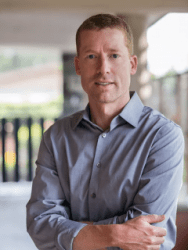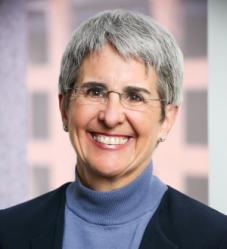

1:00 pm EDT - 4:30 pm EDT
Past Event
1:00 pm - 4:30 pm EDT
1775 Massachusetts Avenue N.W.
Washington, DC
20036
In 1992, the U.S. Department of Housing and Urban Development partnered with five public housing authorities to launch Moving to Opportunity — a 10-year fair housing experiment to help low income families find housing in low-poverty areas. They hoped to test what many people already suspected: different neighborhoods affect opportunity in different ways. The results and subsequent projects have illustrated that while some neighborhoods expand opportunities, others decrease them, highlighting important policy solutions for fair housing. Rising housing costs, increasing economic inequality, and new research from a team led by Raj Chetty on work done with the Seattle and King County Housing Authorities makes Moving to Opportunity more relevant than ever.
On September 19, Brookings’s Future of the Middle Class Initiative hosted an event presenting new results on Moving to Opportunity from Jens Ludwig, professor at the University of Chicago, Jeffrey Kling from the Congressional Budget Office, and Nathaniel Hendren of Opportunity Insights and Harvard University. Their presentations were followed by two panels discussing the research in the field as well as the work on the ground by practitioners.


Panelist



Panelist


Rosanne Haggerty, Ruby Bolaria Shifrin
March 2, 2026

Anthony F. Pipa, Adam Aley
March 2, 2026

Katya Fels Smyth, Miranda Rabuck, Elka Gotfryd, Keshia Chambers
February 24, 2026